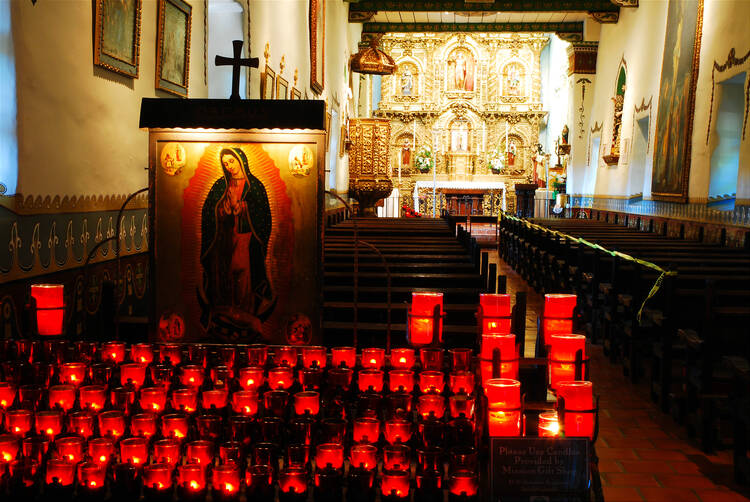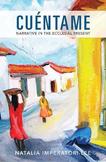Review: A church of stories, a story of church
At the outset of her new book, Natalia Imperatori-Lee sets out to achieve a lofty goal: to craft a theology of church that begins with the experiences of Latinx communities.
To develop an ecclesiology that is shaped by narratives as much as dogmatic theology, she draws upon various sources, including significant works of literature from the Americas. Her work is necessarily interdisciplinary, using the work of historians (Tim Matovina, David Badillo), theologians (primarily Michelle Gonzalez-Maldonado, but also Ada María Isasi-Díaz, Ken Davis, Hosffman Ospino and Roberto Goizueta, among others), sociologists, fiction authors (Rosario Ferré, Daína Chaviano) and visual artists (Yolanda López).
I consider it valuable that Imperatori-Lee draws primarily on the work of Latinx scholars, especially those who share her Cuban-American context. Doing so interdisciplinarily not only lifts up the work of scholars whose contributions often are undervalued by members of the dominant culture, but it also brings her closer to achieving her aim of truthful ecclesial storytelling. As one who engages narrative by putting grounded theory at the service of theology, I appreciate her use of narrative through the disciplines outlined above.
Natalia Imperatori-Lee: “Narrative ecclesiology must map the multi-site reality that is the church and use this map to proclaim the kerygma in ways that are culturally intelligible and doctrinally coherent.”
One illustration of this truthful ecclesial storytelling comes from Imperatori-Lee’s engagement with Isasi-Díaz. She engages with Isasi-Díaz’s term “multi-site,” a descriptor Isasi-Díaz uses for Latinas, who often are locationally betwixt and between, rarely totally at home in the places in which we reside. Imperatori-Lee uses this term to characterize a global Catholic Church: “Narrative ecclesiology must map the multi-site reality that is the church and use this map to proclaim the kerygma in ways that are culturally intelligible and doctrinally coherent.”
Imperatori-Lee weaves these sources together masterfully, and the theology of church she produces simultaneously is rooted in the faith of the people from whom she comes and addresses the needs of the wider church.
The significance of this particular book cannot be overstated. Drawing on the interdisciplinary resources she uses as theological sources, she not only heeds the twin call of Gonzalez-Maldonado to use literature as a resource to describe Latinx practices of faith and as a theological source, but she also paves the way for other Catholic theologians, especially those working from a Latinx perspective, to build on the faith of the people: one of the founding principles of Latinx theology.
This article also appeared in print, under the headline “Bridging faith and church teaching,” in the October 29, 2018, issue.









